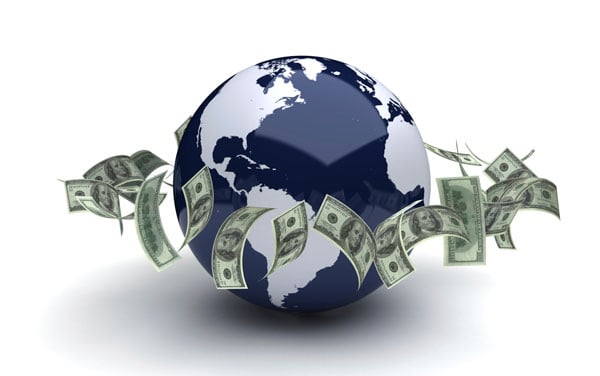

A record 85% of fund managers think the global economy is late in the cycle, 11 percentage points above the previous high in December 2007, according to the October Bank of America Merrill Lynch fund manager survey.
The survey found that global growth expectations slumped to their lowest levels since November 2008, after having peaked in January this year, with net 38% of investors expecting deceleration.
Merrill noted that the disconnect between fund managers' expectations of a strong U.S. economy and a weak global economy was the widest since October 2007.
"Investors are bearish on global growth, but not bearish enough to signal anything but a short-term bounce in risk assets," Merrill's chief investment strategist Michael Hartnett said in a statement.
Merrill conducted the survey in early October among 231 panelists with a total of $646 billion in assets under management.
Fund managers' cash level remained unchanged month over month at 5.1%, well above the 10-year average of 4.5%, as investors stayed bearish.
The fund manager cash rule holds that when average cash balance rises above 4.5%, a contrarian buy signal is generated for equities; when the cash balance falls below 3.5%, a contrarian sell signal is generated.
The cash rule has been in "buy" territory for the past eight months, Merrill noted.
Survey respondents said the U.S. dollar was very overvalued, especially against emerging markets currencies. Fifty-one percent maintained that the latter were undervalued, the cheapest valuation in the survey's history, according to Merrill.
Net 35% of investors said they did not expect corporate earnings to improve 10% or more in the next 12 months, a reversal from net 35% who expected improvement in the February survey.
In addition, net 20% of respondents expected global profits to deteriorate over the coming year, a two-year high and a big swing from net 39% in the January survey who expected an improvement.



